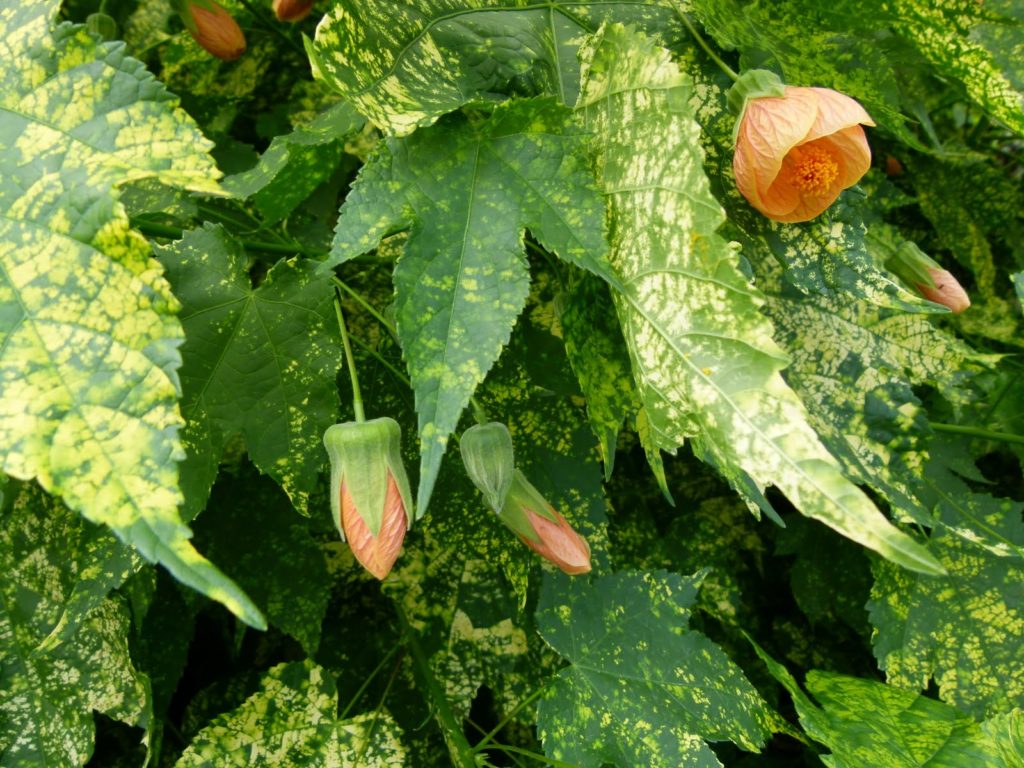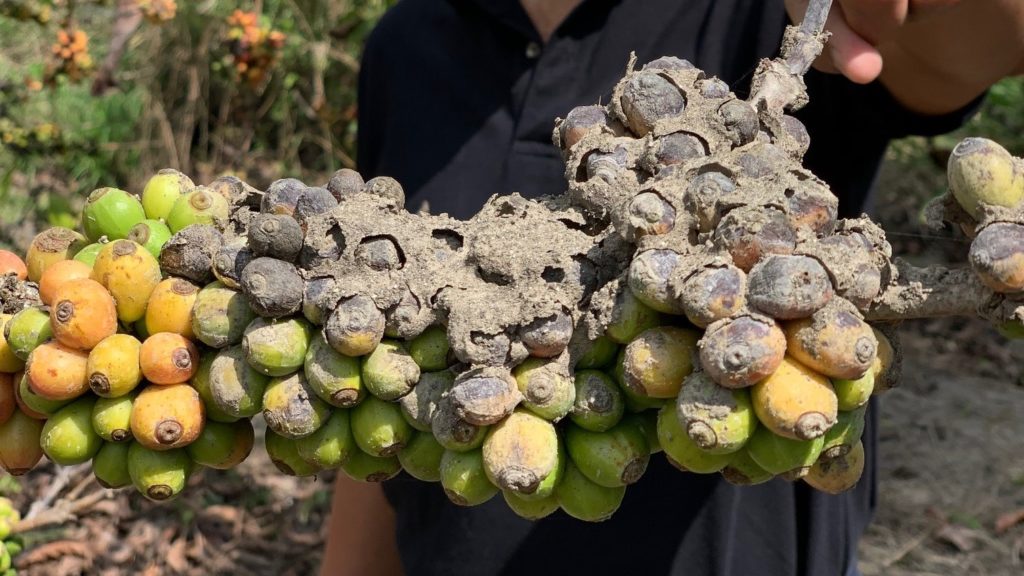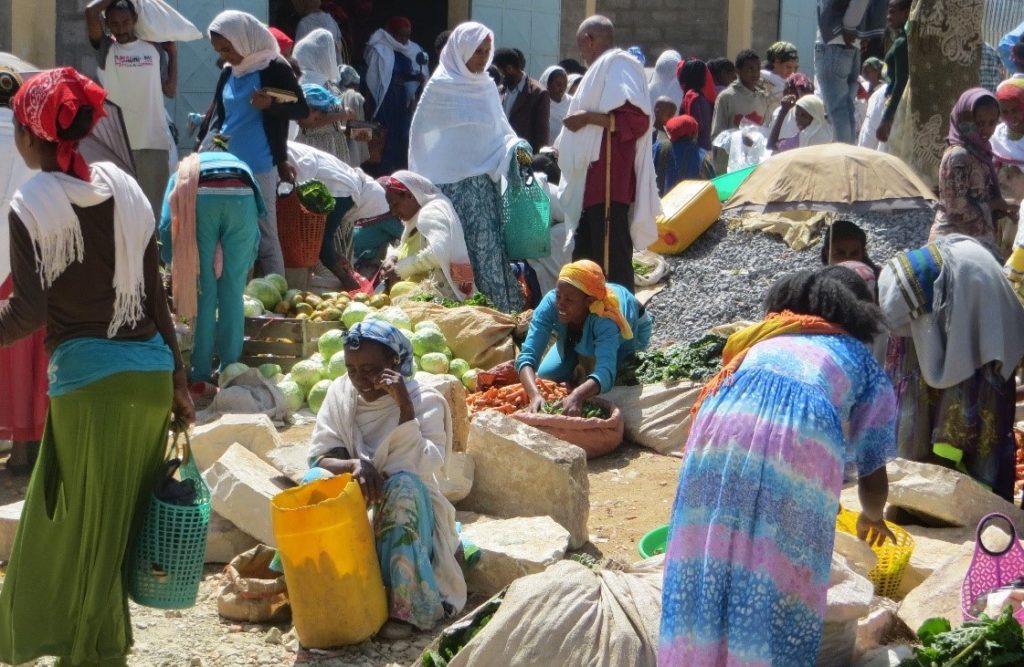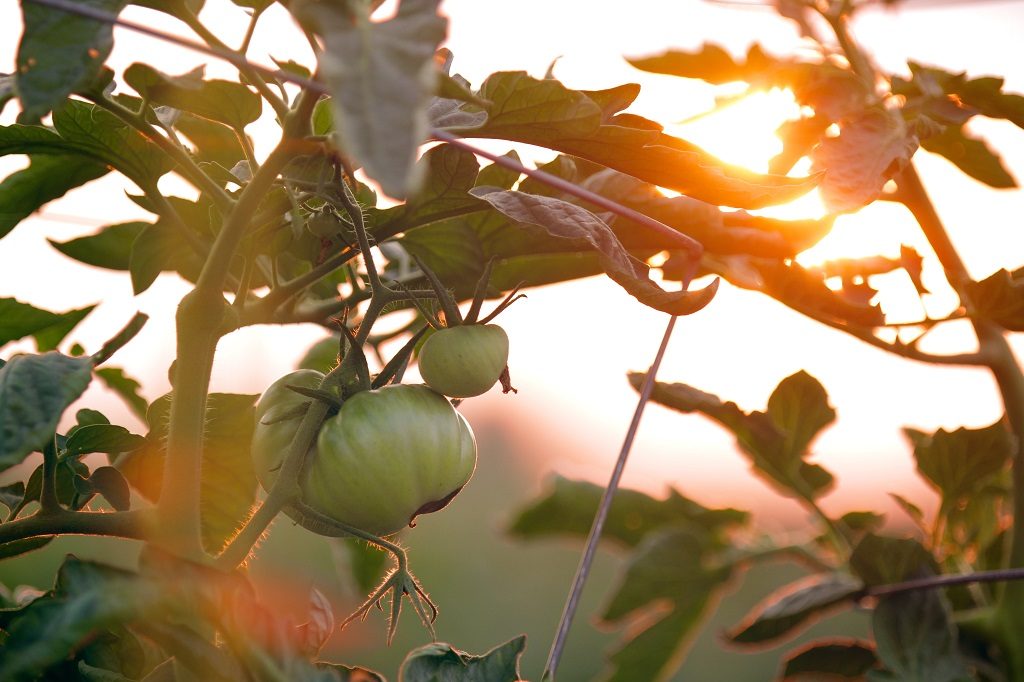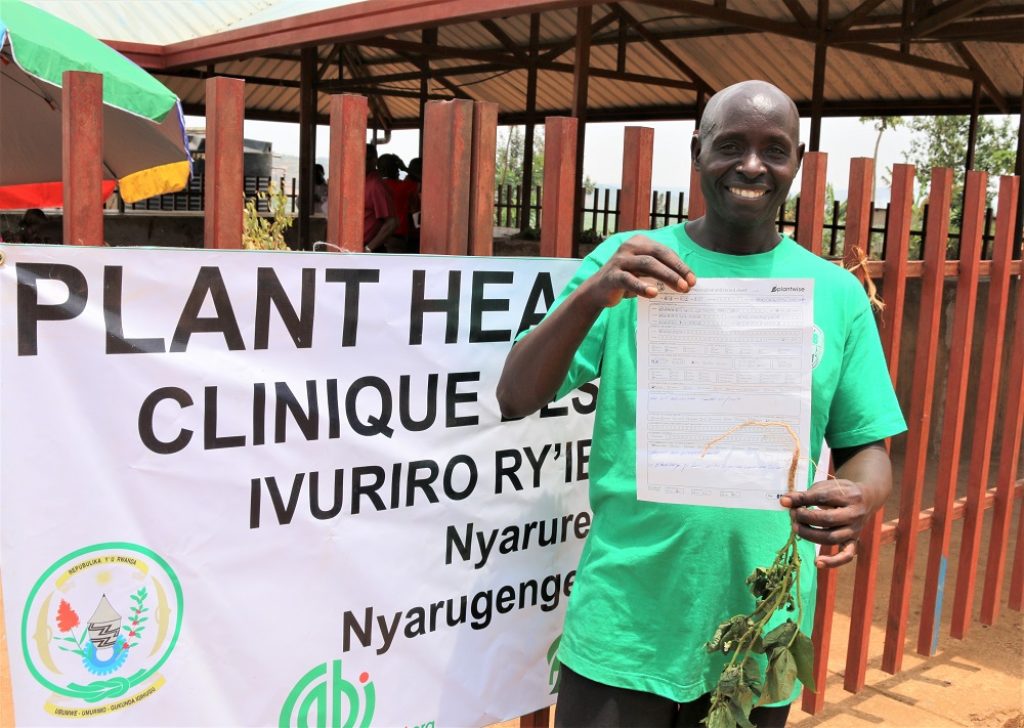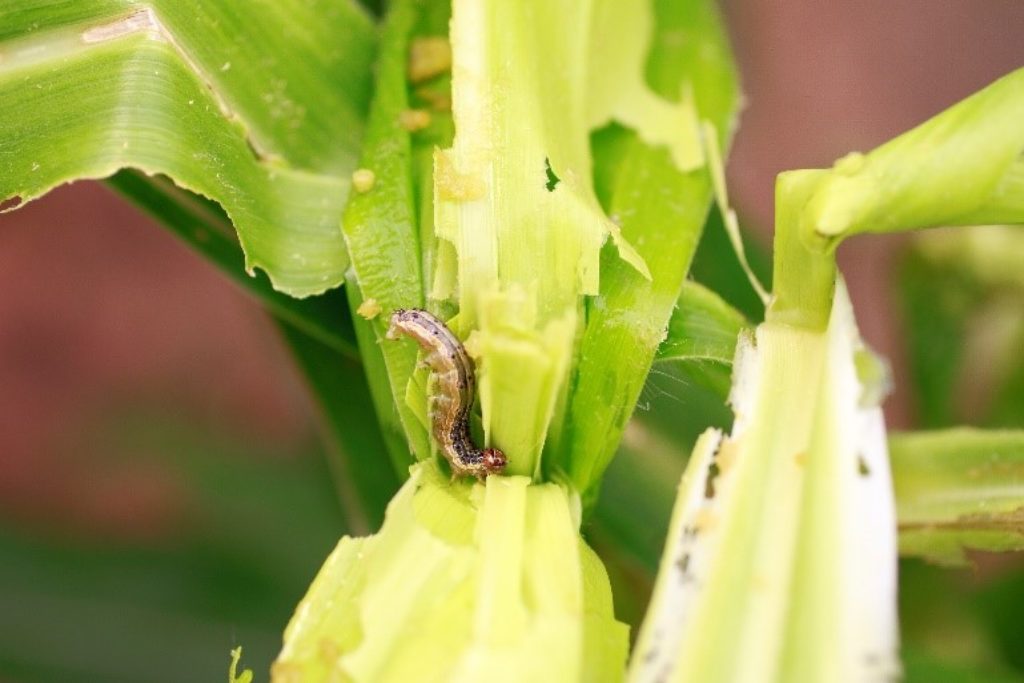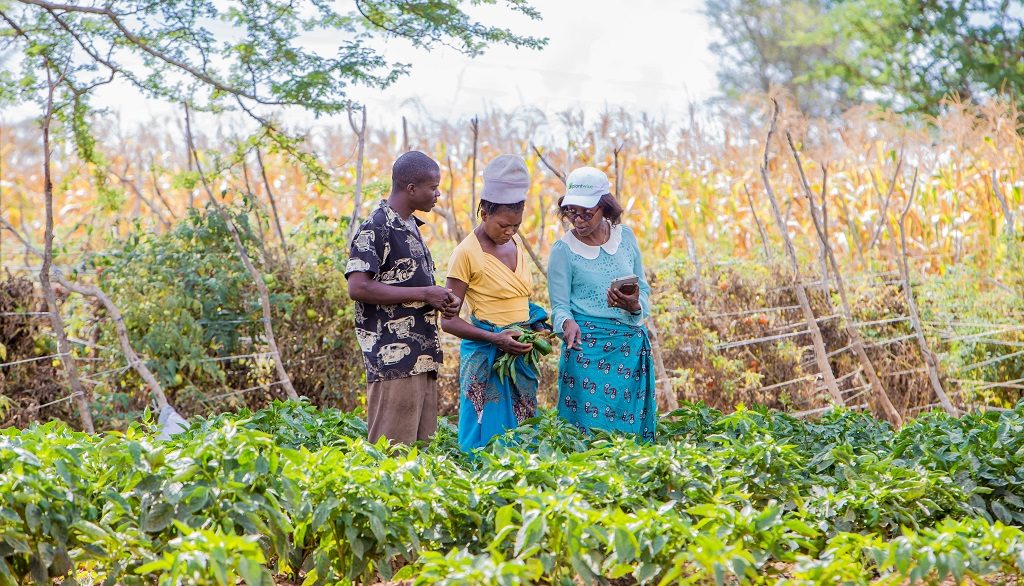Ancient Maya forestry and agriculture in Central America
Understanding the scope and culture of ancient civilisations provides valuable insight into the roots of human society and the ways in which we have been changing the world around us for thousands of years.
Update: New Pest & Disease Records (12 February 2020)
We’ve selected three of the latest new geographic, host and species records for plant pests and diseases from CAB Abstracts. Records this month include reports on the global distribution of the leaf beetle Brontispa longissima and begomoviruses in Thailand.
Coffee crops worst-hit by volcanic ash after eruption in the Philippines
On January 12, Taal Volcano, located on the island of Luzon began spewing plumes of steam and ash. By 3.30 the following morning lava erupted from the volcano’s main crater. Local communities were evacuated as ash began to blanket the land, covering up to a 16-mile radius, with winds blowing ash even reaching the country’s capital, Manila, 31 miles away.
Bacterial canker resistance identified in wild tomatoes
The discovery of tolerance in wild plants will be helpful to tomato growers Tomato farms across the world are routinely devastated by canker, a rain-borne bacterial disease that can cause wilt, stem canker and lesions on the fruits, causing them to become unsuitable for consumption and – in combination with the wilting leaves causing sun…
Test your plant health knowledge
>> Latest quiz just added Plantwise plant doctors are at the heart of our plant clinic network providing advice and information to farmers, logging their data for the Plantwise Knowledge Bank, and always adapting to new outbreaks and technologies. Think you’ve got what it takes to be a plant doctor? Take our online plant health…



